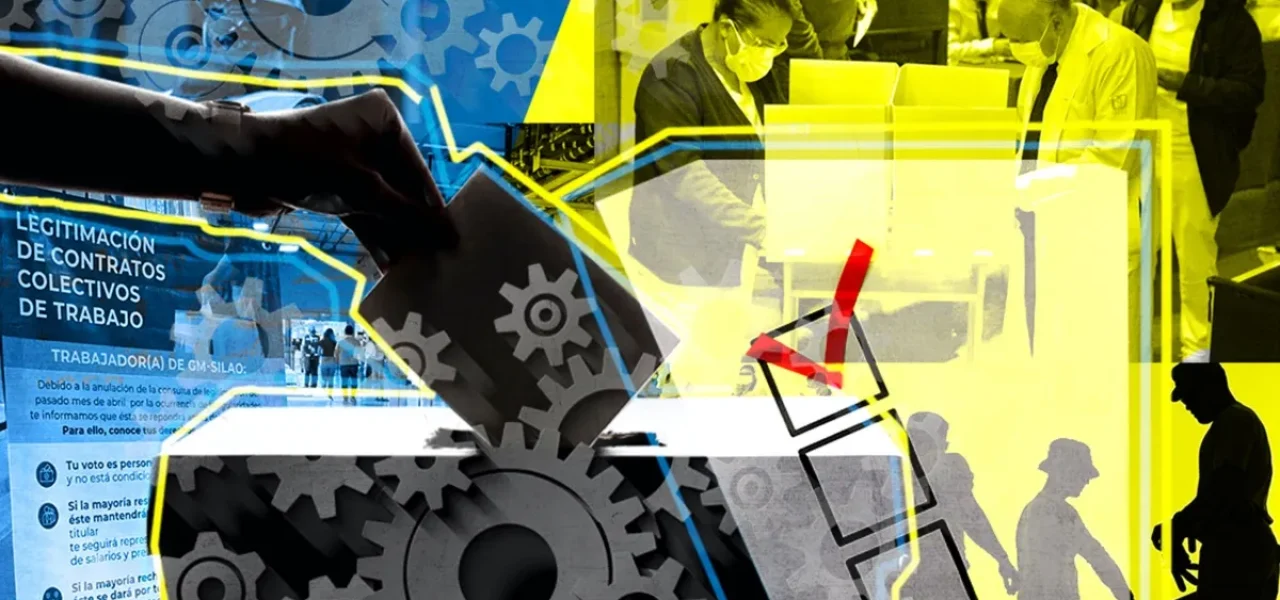33% of the unions that underwent the process to obtain a Certificate of Representativeness before the Federal Center for Conciliation and Labor Registration (CFCRL) have signed a collective bargaining agreement.
To date, the authority does not know what is happening with the 70% of the certificates, which have a validity of six months, and are not being used by the union organizations for the representation of the workers; it is worth noting that this document was included in the labor reform to put an end to employer extortion.
Meanwhile, specialists warned that the certificates have been granted, in many cases, without verification by the authority; likewise, they consider that they have become a new way in which the employer “reaches an agreement to take care of things” with the union for six months in order to avoid conflicts, given that union negotiations now require the endorsement of the workers through voting.
The CFCRL will conduct mapping
In this regard, the head of the Federal Center for Conciliation and Labor Registration, Alfredo Domínguez Marrufo, said that they will conduct mapping to see what is happening with these Certificates of Representativeness that are not producing a new collective bargaining agreement.
“What we can suppose, in general, this is the first approach that we have, is that the union is hard pressed to obtain 30% support by the workers, but when it comes to calling a strike, the employer says ‘”well, you have 30%, but I have 70% or 60% that you don’t have in the union. And you can go ahead and call a strike if you want, because I know very well that within 72 hours I will file a non-existence of strike proceeding, and you are going to look ridiculous.”
After May 1, 2023, many companies were left without an agreement as a result of the legitimation process; thus, throughout 2023 a large number of requests for proof of representativeness was registered, “in that area, the Federal Center still does not have enough personnel nor enough tools and it does not have a uniform criterion and, therefore, there were those who conducted verifications, those who did not conduct verifications, those who conducted semi verifications and, therefore, certain new unions were granted a huge number of certificates of representativeness that never produced an agreement. That is, they were able to get the certificate, they promised the employer 6 months of security, without having another union present”, explained Óscar de la Vega Castillo, partner at D&M Abogados.
It is worth noting that from January to March of 2024, 3,042 certificates of representativeness have been granted; while the signed agreements are 1,900 new collective bargaining agreements, that is 62% of the Certificates of Representativeness.



